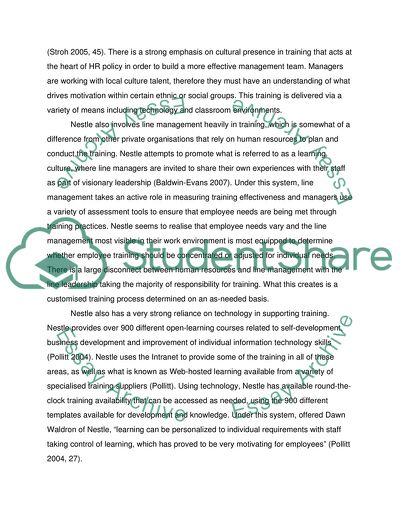Cite this document
(Training Practices at Nestle and the UK Police Organisation Case Study - 1, n.d.)
Training Practices at Nestle and the UK Police Organisation Case Study - 1. Retrieved from https://studentshare.org/human-resources/1744376-human-resource-management
Training Practices at Nestle and the UK Police Organisation Case Study - 1. Retrieved from https://studentshare.org/human-resources/1744376-human-resource-management
(Training Practices at Nestle and the UK Police Organisation Case Study - 1)
Training Practices at Nestle and the UK Police Organisation Case Study - 1. https://studentshare.org/human-resources/1744376-human-resource-management.
Training Practices at Nestle and the UK Police Organisation Case Study - 1. https://studentshare.org/human-resources/1744376-human-resource-management.
“Training Practices at Nestle and the UK Police Organisation Case Study - 1”, n.d. https://studentshare.org/human-resources/1744376-human-resource-management.


